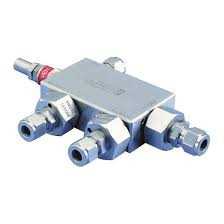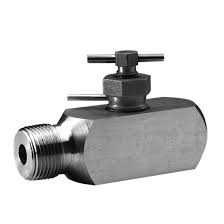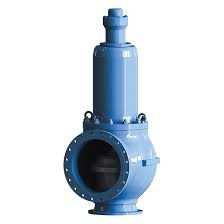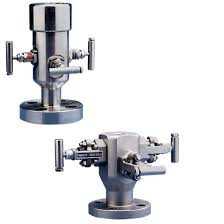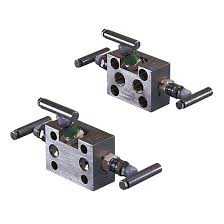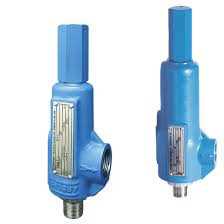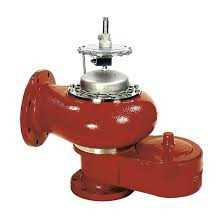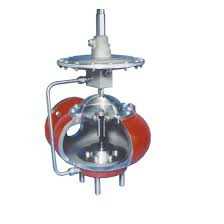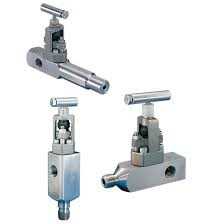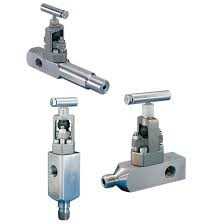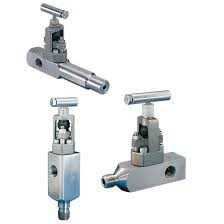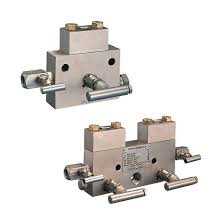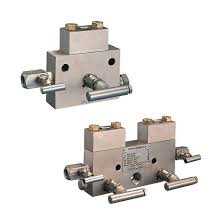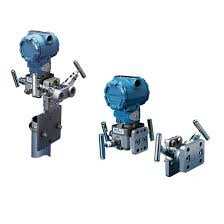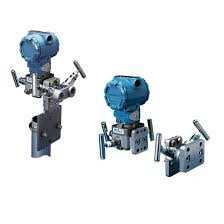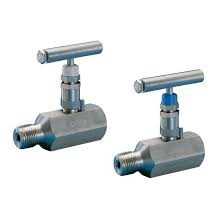Anderson Greenwood Amal ERQB Flame Arrester
BRAND : Anderson Greenwood
1. GENERAL
ERQ series vent flame arresters are intended for low-pressure venting applications where the maximum differential pressure across the flame arrester does not exceed 1 barg.
2. GUIDANCE
1. Maximum temperature limit is -20° to +60°C (+200°C for certain gas groups - see special conditions for safe use).
2. Mounting of all monitoring devices shall be in accordance with EN 50018.
3. Flame arresters should not be positioned near hot equipment unless certified for the elevated temperature as heat transfer to the flame arrester will reduce its performance and may cause it to fail.
4. Shut-off devices should be fully open during normal operation.
5. Continuous monitoring of pressure drop is advised if the process is known to contain particulates or substances which can block the element and over-pressurize the system. 6. Metal parts insulated by gaskets should be earthed where necessary.
7. Flame velocities and pressures of flammable mixtures can be enhanced by upstream turbulence, which can be caused by bends, valves or any change in section of the pipework. The flame arrester should only be used for the process application; if the process conditions or the pipework configuration change the flame arrester should be checked with the manufacturer.
8. ERQ series vent flame arresters are designed to prevent external fires/ explosions igniting flammable gases/ vapors within ...
Details
1. GENERAL
ERQ series vent flame arresters are intended for low-pressure venting applications where the maximum differential pressure across the flame arrester does not exceed 1 barg.
2. GUIDANCE
1. Maximum temperature limit is -20° to +60°C (+200°C for certain gas groups - see special conditions for safe use).
2. Mounting of all monitoring devices shall be in accordance with EN 50018.
3. Flame arresters should not be positioned near hot equipment unless certified for the elevated temperature as heat transfer to the flame arrester will reduce its performance and may cause it to fail.
4. Shut-off devices should be fully open during normal operation.
5. Continuous monitoring of pressure drop is advised if the process is known to contain particulates or substances which can block the element and over-pressurize the system. 6. Metal parts insulated by gaskets should be earthed where necessary.
7. Flame velocities and pressures of flammable mixtures can be enhanced by upstream turbulence, which can be caused by bends, valves or any change in section of the pipework. The flame arrester should only be used for the process application; if the process conditions or the pipework configuration change the flame arrester should be checked with the manufacturer.
8. ERQ series vent flame arresters are designed to prevent external fires/ explosions igniting flammable gases/ vapors within vent piping and associated equipment. They are NOT designed to prevent internal explosions passing to atmosphere.
9. ONLY install for applications for which they have been designed and specified - refer to product data sheet for guidance. It is potentially dangerous to use in other applications.
3. INSTALLATION
Remove all packaging from the flame arrester
prior to installation, paying particular attention
to the area between the flame arrester element
and weather cover.
Mount the flame arrester vertically upright at
the end of the vent line:
(i) Flanged connection - bolt to a flange of
the same specification as that fitted to the
flame arrester itself, with an intermediate
gasket of a type appropriate to the service
conditions. Tighten the bolting uniformly to
ensure a good seal.
(ii) Screwed connection - fit to the
corresponding male/female thread. Sealing
tape or sealant may be used to ensure a
good seal.
